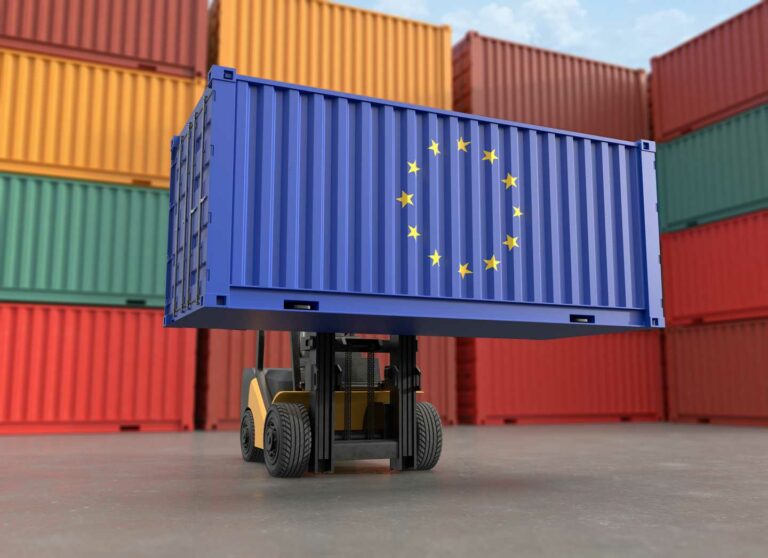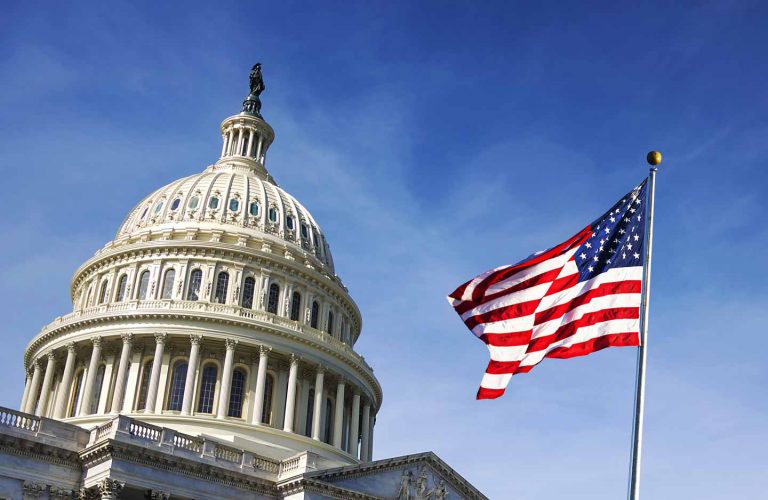[vc_row][vc_column][vc_column_text]With less than a month to go until the United Kingdom leaves the European Union (planned for 31 October 2019), HRMC is taking further steps to enable companies to prepare.
After the automatic allocation of EORI numbers to all companies registered for VAT purposes in the United Kingdom that has made it possible to anticipate the customs consequences, HMRC now makes it possible to anticipate the tax consequences with regard to VAT.
The possibility of applying for an advanced VAT registration
HMRC has just published a new notice 700/1 which deals with Brexit and VAT registration. In order to allow companies to prepare for a “no deal”, the UK tax administration allows companies to apply for advance registration. The anticipated application for a VAT number in the United Kingdom will thus enable companies to be ready the day after BREXIT, since the VAT numbers allocated will be valid and effective as of 1 November 2019. Registration applications can be filed now.
In the event that an agreement is found, the numbers thus allocated would then be canceled.[/vc_column_text][vc_column_text el_class=”btn_contact”]Request in advance your VAT number in the United Kingdom, effective November 1, 2019[/vc_column_text][vc_column_text]
Which companies need a VAT number in the UK?
After 1 October 2019, EU rules on cross-border sales of goods and services between EU Member States will no longer apply in the UK. This applies in particular to the arrangements applicable to intra-Community supplies and distance sales.
Examples :
BtoB sales of goods shipped from an EU Member State to the United Kingdom
Before Brexit:
- The seller makes an exempt intra-community delivery located in France
- The purchaser makes an intra-community acquisition subject to VAT in the United Kingdom
This transaction does not oblige the seller to register for VAT in the United Kingdom.
After the Brexit:
Except in the case where the buyer deals with import arrangements in the United Kingdom, the seller carries out:
- An export located in the Member State of departure
- An import followed by a local sale in the United Kingdom.
This operation obliges the seller to register for VAT in the United Kingdom.
BtoC sales of goods shipped from the EU Member State to the UK
Before Brexit:
Except in the case where the seller has exceeded the Distance Selling thresholds in the United Kingdom, the seller shall make a sale subject to VAT in the Member State of departure.
This transaction does not oblige the seller to register for VAT in the United Kingdom.
After the Brexit:
Regardless of the amount of sales made in the UK, the seller realizes:
- An export located in the Member State of departure
- An import followed by a local sale in the United Kingdom.
This transaction requires the seller to register for VAT in the UK, from the very first sale in the UK.
Boris Johnson will propose the last chance agreement
The British Prime Minister will table before the European Commission a final proposal for an exit agreement from the EU. The precise content of the proposed agreement will be presented by Boris Johnson during his closing speech at the Congress of the Conservative Party in Manchester on Wednesday 2 October. At first glance, the purpose of this agreement is to solve the problem of the Irish border. Former Prime Minister Theresa May’s previous agreement, rejected by the British Parliament on three occasions, called for a “backstop”, a mechanism aimed at preventing the return of an Irish border between the north and the south. The new British proposal would mean that Northern Ireland remains in the European single market until 2025, while forming a customs union with the United Kingdom.[/vc_column_text][vc_column_text el_class=”btn_contact”]Let ASD Group help you to prepare for Brexit[/vc_column_text][/vc_column][/vc_row]




